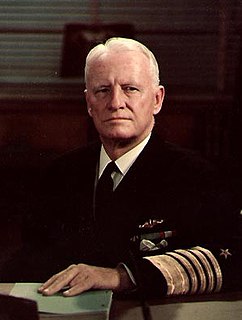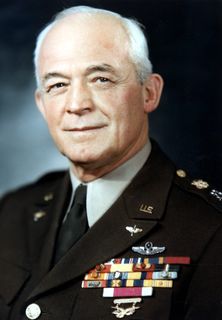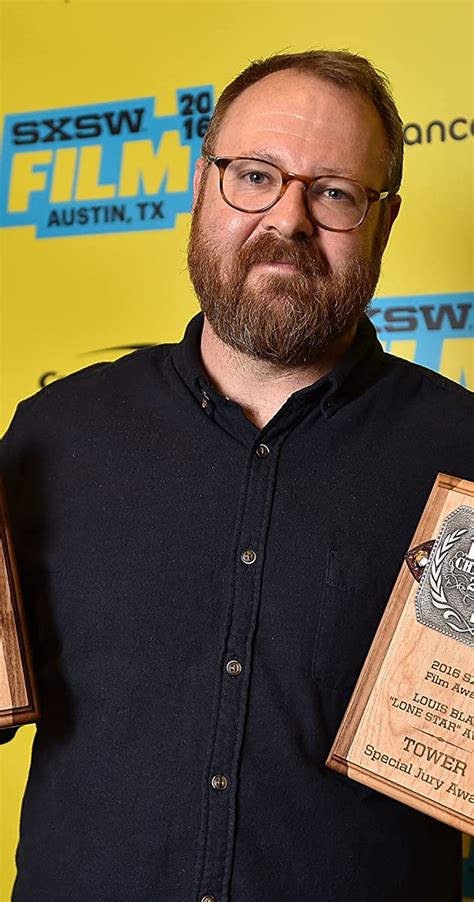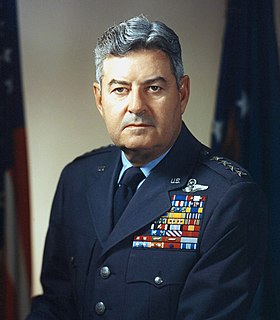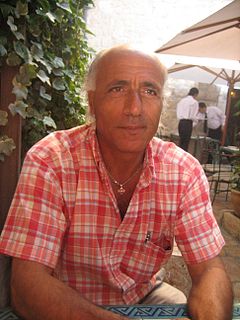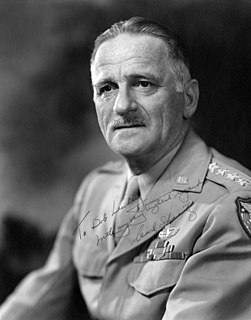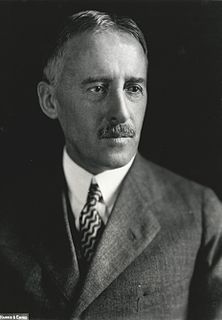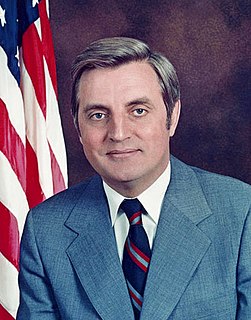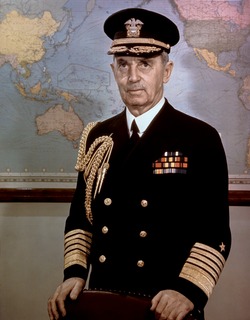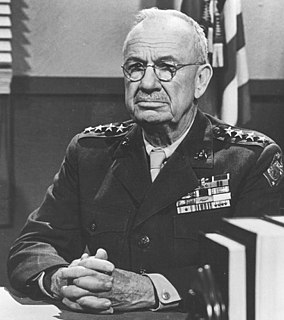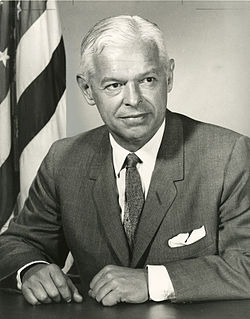A Quote by Chester W. Nimitz
The Japanese had, in fact, already sued for peace. The atomic bomb played no decisive part, from a purely military point of view, in the defeat of Japan.
Related Quotes
If we [Americans] are a strong people, a united people, why do we always have to hear how great we are? What is this self-love? Where does this come from? It got worse, because after the war we thought we'd won it. That's the first myth. Frankly, Russia won it. The Soviet Union sacrificed far greater form than anyone else to win that war. Secondly, we had the atomic bomb. We should not have dropped it on Japan. We did as an example to the Soviets, not to defeat Japan and to save American lives. These are myths that we explode with a lot of research early on.
Japan suffered terribly from the atomic bomb but never adopted a pose of moral superiority, implying: 'We would never have done it!' The Japanese know perfectly well they would have used it had they had it. They accept the idea that war is war; they give no quarter and accept none. Total war, they recognize, knows no Queensberry Rules. If you develop a devastating new weapon during a total war, you use it; you do not put it into the War Museum.
So far as I can see, the atomic bomb has deadened the finest feeling that has sustained for ages. There used to be so-called laws of war, which made it tolerable. Now we know the truth. War knows no law except that of might. The atomic bomb brought an empty victory but it resulted for the time being in destroying the soul of Japan. What has happened to the soul of the destroying nation is yet too early to see.
Native annalists may look sadly back from the future on that period when we had the atomic bomb and the Russians didn't. Or when the Russians had aquired (through connivance and treachery of Westerns with warped minds) the atomic bomb - and yet still didn't have any stockpile of the weapons. That was the era when we might have destroyed Russia completely and not even skinned our elbows doing it.
Because my parents were American missionaries who sent me to public schools in rural Japan, I had to confront Hiroshima as a child. I was in the fourth grade - the only American in my class - when our teacher wrote the words "America" and "Atomic Bomb" in white chalk on the blackboard. All forty Japanese children turned around to stare at me. My country had done something unforgivable and I had to take responsibility for it, all by myself. I desperately wanted to dig a hole under my desk, to escape my classmates' mute disbelief and never have to face them again.
In our victory over Japan, airpower was unquestionably decisive. That the planned invasion of the Japanese Home islands was unnecessary is clear evidence that airpower has evolved into a force in war co-equal with land and sea power, decisive in its own right and worthy of the faith of its prophets.
The use of [the atomic bombs] at Hiroshima and Nagasaki was of no material assistance in our war against Japan. The Japanese were already defeated and ready to surrender because of the effective sea blockade and the successful bombing with conventional weapons... The lethal possibilities of atomic warfare in the future are frightening. My own feeling was that in being the first to use it, we had adopted an ethical standard common to the barbarians of the Dark Ages. I was not taught to make war in that fashion, and wars cannot be won by destroying women and children.
Based on a detailed investigation of all the facts and supported by the testimony of the surviving Japanese leaders involved, it is the Survey's opinion that certainly prior to 31 December 1945 and in all probability prior to 1 November 1945, Japan would have surrendered even if the atomic bombs had not been dropped, even if Russia had not entered the war, and even if no invasion had been planned or contemplated.
